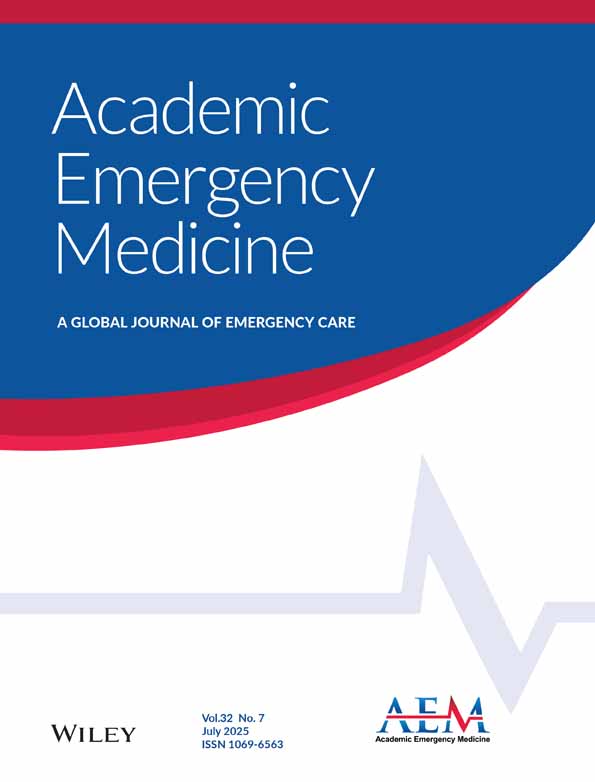Tricyclic Antidepressants Directly Depress Human Myocardial Mechanical Function Independent of Effects on the Conduction System
Abstract
Objectives: To measure the effect of tricyclic antidepressant drugs (TCAs) on human myocardial contractility. Methods: Human atrial tissue was obtained during cardiac bypass surgery. The tissue was harvested, suspended in a Tyrode buffer at 37°C, and perfused with a 95%/5% oxygen—carbon dioxide mixture. Developed force was continuously measured using a force transducer and recorded by computer. After an equilibration period, escalating doses of amitriptyline or desipramine were added to the bath. All strips were exposed to the following five concentrations of each drug: 0 (control) 0.4, 4, 40, and 400 μM. The results for each experiment were expressed as the difference between the developed force measured prior to the addition of each concentration of drug and the developed force measured after a 30-minute exposure to the drug. Results: Desipramine decreased the developed force by 27%, 49%, and 74% at concentrations of 0.4, 40, and 400 μM, respectively. Amitriptyline decreased the developed force by 38% at the 40-μM concentration and by 89% at the 400-μM concentration. Untreated strips retained 94% of baseline developed force at 150 minutes. Conclusions: Tricyclic antidepressants depress human myocardial function in a dose-dependent fashion independent of the effects on the cardiac conduction system. While previous work has demonstrated the effect of therapies for the reversal of impaired cardiac conduction following TCA poisoning, to the best of the authors' knowledge, no reports have documented the effects of therapy on direct myocardial depression. Additional therapies targeted at reversing the direct cardiodepressive effects of TCA may improve outcome following TCA poisoning.




